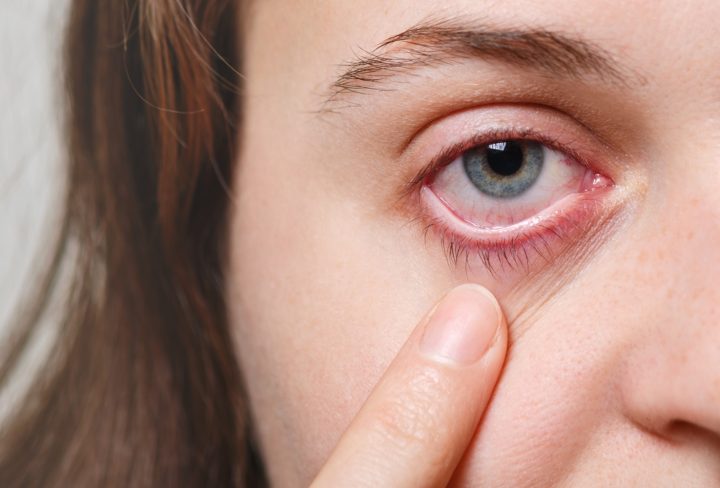Diabetic retinopathy is a condition that affects the eyes of people with diabetes. It is caused by damage to the blood vessels in the retina, the light-sensitive tissue at the back of the eye. Diabetic retinopathy can lead to vision loss or even blindness if left untreated. Fortunately, there are ways to manage this condition and protect your vision. Here are some tips:
Monitor your blood sugar levels
One of the most important things you can do to manage diabetic retinopathy is to keep your blood sugar levels under control. High blood sugar levels can damage the blood vessels in the retina and lead to vision loss. Make sure to monitor your blood sugar levels regularly and follow your healthcare provider’s recommendations for managing your diabetes.
Maintain a healthy lifestyle
Maintaining a healthy lifestyle can also help manage diabetic retinopathy. This includes eating a healthy diet, exercising regularly, not smoking, and managing any other health conditions you may have. Talk to your healthcare provider about how to make healthy lifestyle changes.
Get regular eye exams
Regular eye exams are important for people with diabetes, as they can help detect diabetic retinopathy early, when it is most treatable. Your healthcare provider will recommend how often you should get your eyes examined based on your individual needs.
Manage your blood pressure and cholesterol levels
High blood pressure and high cholesterol can also damage the blood vessels in the retina and contribute to diabetic retinopathy. Work with your healthcare provider to manage these conditions and keep them under control.
Follow your treatment plan
If you are diagnosed with diabetic retinopathy, your healthcare provider will recommend a treatment plan to help manage the condition and protect your vision. It is important to follow this plan closely and attend all appointments with your healthcare provider.
Diabetic retinopathy is a serious condition that can lead to vision loss or even blindness if left untreated. However, by monitoring your blood sugar levels, maintaining a healthy lifestyle, getting regular eye exams, managing your blood pressure and cholesterol levels, and following your treatment plan, you can manage diabetic retinopathy and protect your vision. Talk to your healthcare provider about how to manage your diabetes and prevent diabetic retinopathy.


